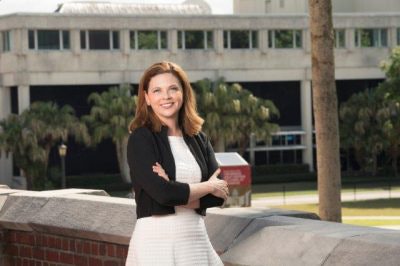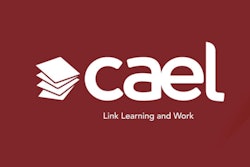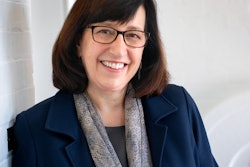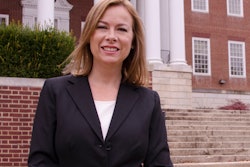For the first time in its history, Loyola University New Orleans is currently offering its students two weeks of accelerated learning during the month of January. All of the 3-credit courses offered during the “J-Term” are free and relate to topics tied specifically to race, equity and inclusion.
“As a Jesuit institution, it is essential to our mission to teach students to grapple with fundamental issues of justice and inequality,” said university president Tania Tetlow. “We help them gain context, question assumptions, and grow in empathy and understanding.”
 Tania Tetlow
Tania TetlowThe J-Term—already popular at many colleges and universities—is providing Loyola students and faculty the opportunity to engage in robust conversations inside of the classroom, particularly in the wake of the police killings last year of George Floyd, Breonna Taylor and others.
Nearly 300 students have taken advantage of the 10 undergraduate courses that focuses on a wide range of topics from race and mass incarceration, to representation of people of color in the media, to health disparities and diversity in science, said Dr. Carol Ann MacGregor, vice provost and associate professor of sociology at Loyola.
MacGregor said that there had recently been institutional interest in creating a J-Term, and she was given the task of planning the two weeks of instruction that started on January 4 and will continue through January 15. The process included putting out a call to faculty across the university to submit proposals on courses that they wanted to offer and assembling a committee that included student representation to evaluate the proposals and determine what courses to offer.
“Summer 2020 was just a time in America’s history where we’re really grappling with issues of race, inclusion and justice and our students, like students around the country, were vocalizing their desire for more diversity in the curriculum, more faculty hiring of diverse people, sharing in some cases, experiences of micro-aggression that are common on university campuses around the country,” MacGregor said, adding that “it occurred to me that maybe we had the opportunity to use this J-Term to respond to some of that student and faculty interest while using our institution to advance the cause of racial justice.”
The classes are offered in different modalities, with some online, some hybrid and some in person.
In the wake of ongoing COVID-19 pandemic, university officials decided to offer the courses for free, particularly to help struggling students whose families have been financially impacted by the coronavirus or who may have struggled in a course during last spring or fall because of the sudden pivot to online learning.
“It just felt like an opportunity to offer our students a chance to catch up and get ahead for free while they’re also learning about these important issues,” said MacGregor.
Dr. Kedrick Perry, vice president for equity and inclusion at Loyola was a member of the committee that hand selected what courses would be offered for the term. He said that the university has big plans for expanding J-Term in the future.
“Loyola has historically demonstrated a strong commitment to being an institution where social justice takes center stage,” said Perry. “I think J-Term is a great reflection that we do not shy away from those difficult and necessary discussions and those courageous conversations centered on race, class, inclusion because they impact our campus, and they impact our nation.”
Cheyenne Williams, chief diversity officer of the Loyola Student Government Association said that there is excitement and interest about the course offerings. She also served on the committee.
“It’s important for students to feel comfortable discussing these issues within the classroom,” said Williams, a junior from Compton, California, adding that students of color at Loyola are pleased to see the intentional focus by the administration on embed diversity and equity content within the overall curriculum.
For Tetlow, the commitment to fostering such conversations—not just during J-Term but throughout the entire year—should be a top priority for all colleges and universities.
“Universities need to pave the way,” she said. “We need to break through the denial on issues of race and justice, and we need to teach students how to engage in civil dialogue that acknowledges complexity.”
















